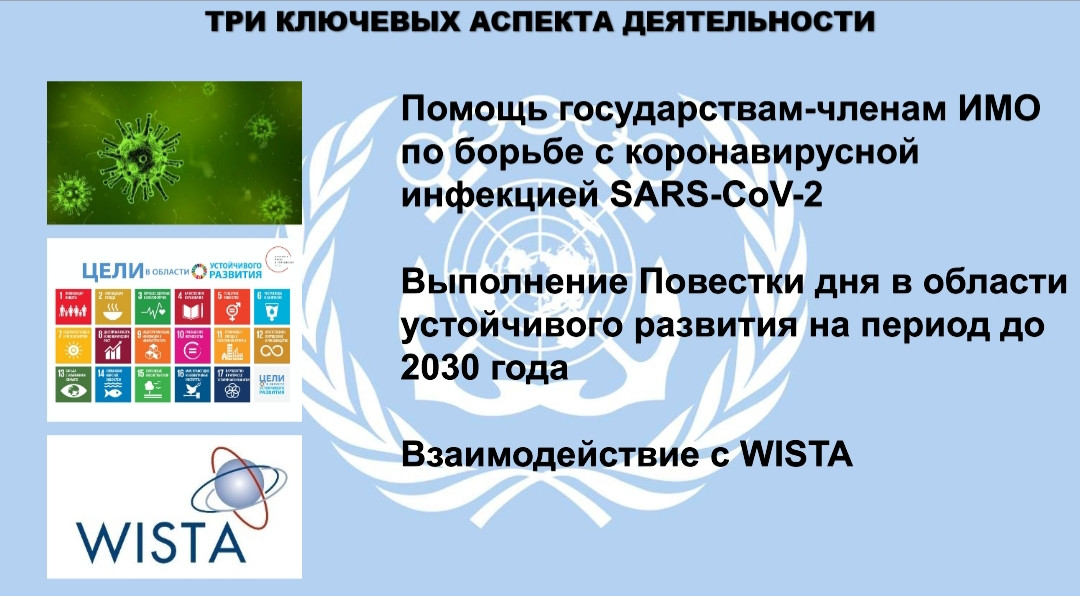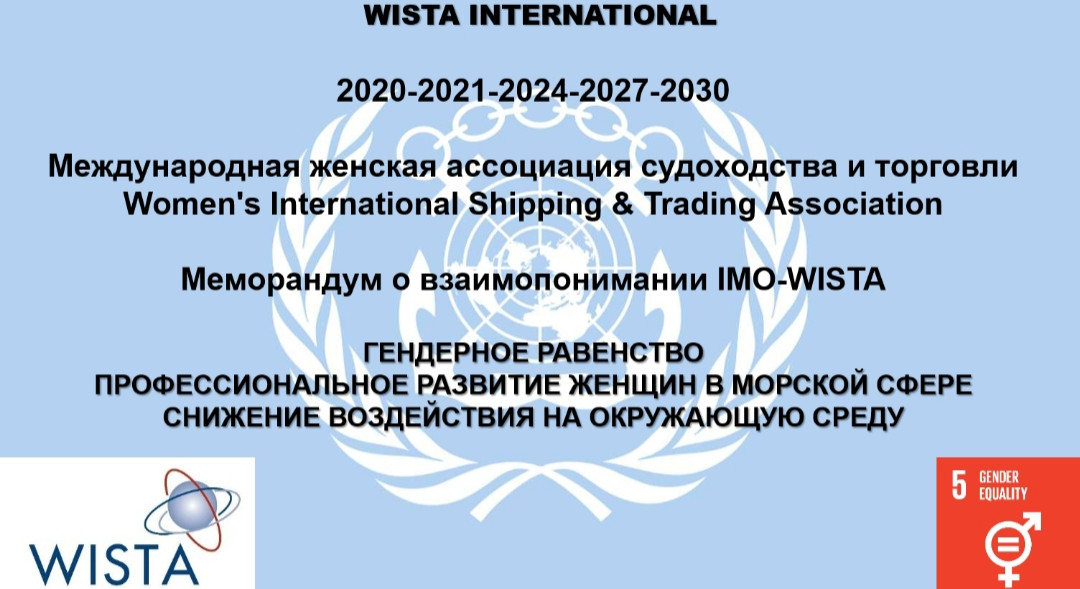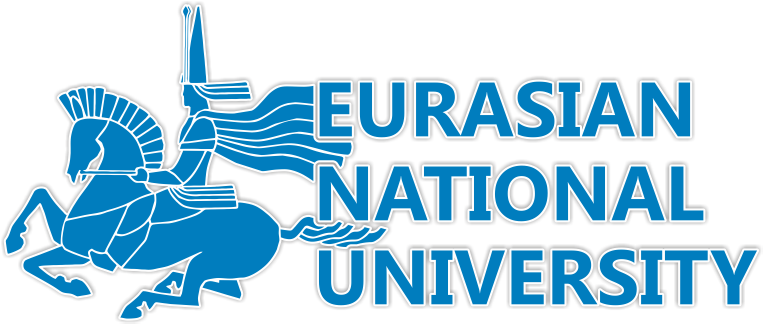On March 3, 2021, within the framework of the VII International Scientific and Practical School on International Law on the topic "Actual problems of theory, practice and teaching of international law" held in online format from March 1 to 10, 2021, a lecture was held on the topic: "Actual issues of the activities of the International Maritime Organization" Kopylov Stanislav Mikhailovich, candidate of law sciences, docent of the Department of International Law, Peoples' Friendship University of Russia (Moscow, Russia).
In his speech, Stanislav Mikhailovich, in accordance with the theme of the scientific and practical school, drew attention to the teaching of International Maritime Law, which is often limited in some universities to teaching the 1982 UN Convention on the Law of the Sea, which is the Constitution of the Seas and Oceans. The general interest in activities in the world's oceans gives rise to an integrated approach to the study of International Maritime Law, from the regime of maritime spaces, to the resolution of international maritime disputes and the implementation of large offshore energy projects, giants such as floating oil and gas platforms, floating nuclear power plants and pipeline transport. From the point of view of a comprehensive study, it is very important to draw the attention of all students and those who are involved in teaching this discipline not only to the role of international intergovernmental organizations, which have their impact on the development of International Maritime Law, but also to the role of international non-governmental organizations, which both times and are practitioners who will then execute what international organizations will accept.
On his topic of this scientific and practical school, he dwelled on three key aspects. These are Coronavirus 2020, the 2030 Sustainable Development Goals and the engagement with WISTA.

The Covid-19 pandemic prevented physical meetings within the International Maritime Organization and postponed other meetings, complicating the timing of the entry into force of amendments to various Conventions. The last meeting before the transition to the online format was the meeting of the Subcommittee on Ship Systems and Equipment in early March 2020. Currently, all meetings until mid-2021 are planned to be held online, due to restrictive measures and the inability to host delegates to the session. The key problem was the need to accept delegates online, taking into account the wide membership in this international organization. This circumstance greatly influenced the size of the agenda and the impossibility of considering a large number of issues, since it was necessary to set a three-hour limit, including a 15-minute break. At this time, in practice, this was not enough to make important decisions. For example, at the 75th session of the Marine Environment Protection Committee, the debate on reducing greenhouse gas emissions from ships took up most of the virtual meetings and it was much more difficult to reach consensus. And other issues on the protection of the marine environment were postponed to the next meeting. He noted that in May 2021, sessions of the Committee will already be held in person.

Despite the epidemiological situation, IMO does not stop working on the Sustainable Development Goals. The 2030 SDG Agenda is the foundation for all countries to achieve a better and more sustainable future for all. IMO Strategic Plan 2018-2023 recognizes this relationship. It emphasizes that IMO is fully committed to supporting the 2030 Agenda and supporting Member States in their efforts to implement it. On June 5, 2019, IMO adopted the IMO Secretariat Strategy to identify, analyze and resolve emerging issues and opportunities to further support Member States as they implement the 2030 Agenda for Sustainable Development Goals. SDGs through its normative framework. The IMO Strategy and the World Maritime System 2020, Sustainable Shipping for a Sustainable Planet, support the UN Secretary General's messages to all world leaders to turn 2020-2030 into Decades of Action and achieve the Sustainable Development Goals. SDG 14 is central to IMO. IMO's key role in achieving SDG 14 is to ensure that maritime shipping continues to have a positive impact on the global global economy without upsetting the balance between human activities and the ability of the oceans to remain healthy in the long term.
Maritime shipping is an essential component of any program for sustainable economic growth in the future. Through IMO, civil society members and the shipping industry work together to ensure that they continue to actively contribute to a green economy and sustainable growth, which helps to achieve SDG 1. Together with the Food and Agriculture Organization, IMO is helping to achieve SDG 2 by tackling illegal fishing. SDG 7 is also within the purview of IMO, which, in partnership with the Global Environment Facility, the United Nations Development Program, participates in a global partnership on marine energy efficiency targeted at developing countries. Very important to IMO's work is SDG 13 on taking urgent action to combat climate change and its impacts. SDG 15 is partly related to IMO biodiversity conservation. IMO has taken measures to limit the spread of invasive alien vessel species by adopting the 2004 International Convention on the Control and Management of Ships' Balas Water and Sediments. And also participates in the work in the task force on combating the trade in wild animals, which is expressed in the adoption of a recommendation to strengthen the security of seaports to prevent illegal shipments. SDG 17 which calls for global partnerships does not call into question the work of IMO.
A few days ago, a year has passed since the start of the new IMO Secretariat Department for Partnerships and Projects focused on supporting member states in solving global problems in the context of international shipping and promoting sustainable development in particular on global issues of international shipping. The established department has become a focal point for developing partnerships and managing long-term projects to strengthen IMO's comprehensive technical cooperation program.
The third aspect of IMO's international work is directly related to SDG 5. WISTA International is an international women's shipping and trade association that was established in 1974 and brings together women leaders and decision-makers around the world. The main mission of the organization is to attract and support women at the management level in the maritime, trade and logistics sectors and, together with IMO, this association works to minimize the existing gender gap in management positions in the maritime sector, as well as to review international conventions on the reduction of pollution from shipping in order to reducing the impact of the shipping industry on the environment. IMO, together with WISTA International, have planned surveys on the proportion of women employed in shipping for 2021.

After thanking the lecturer for an interesting and useful lecture, the audience asked questions. One of the questions concerned a universal international convention of global importance aimed at protecting the marine environment.
Answering this question, the lecturer noted that it is rather difficult to talk about complex international treaties relating specifically to the protection of the environment. From the point of view of international maritime law, such documents exist specifically regarding various sources of pollution and various pollutants and in the fight against it. But it is generally accepted that any activity relating to all aspects of the use of the world's oceans must be combined with the UN Convention on the Law of the Sea.
At the end of the lecture, the audience thanked the lecturer for the informative and interesting report.


